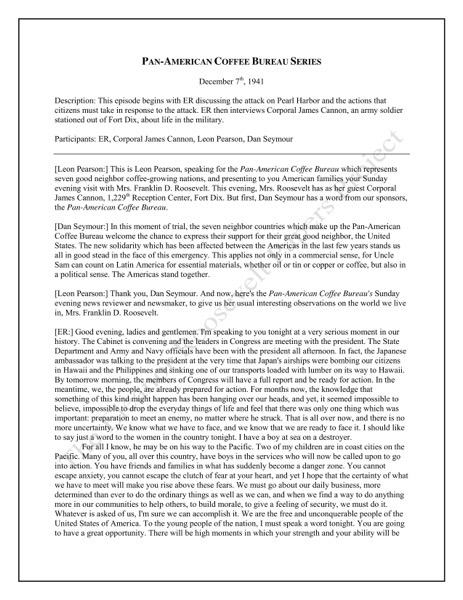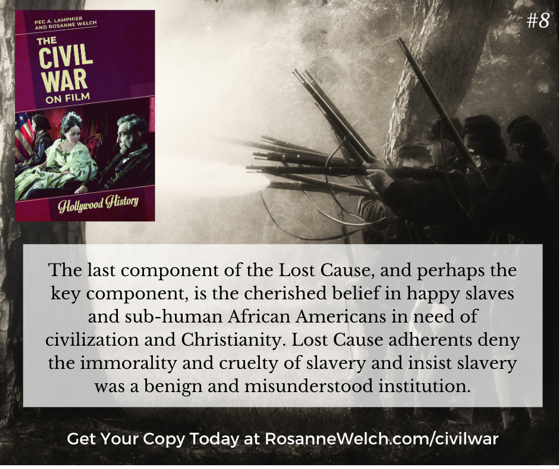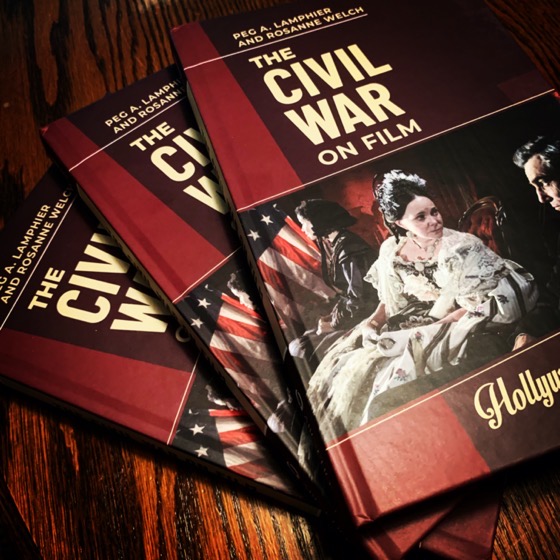Today’s research tidbit – did you know Eleanor Roosevelt spoke to the nation about Pearl Harbor the night before Franklin did?
She had a regularly scheduled Sunday night radio show called “Over Our Coffee Cups” so she went on the air that night to say some things that, while not “a date that will live in infamy” do resonate.

Ep. 11, 1941-12-07, Pan-American Coffee Bureau Series
On the day of the Japanese attack on Pearl Harbor, ER discusses what the nation must do to face this international crisis. ER also interviews Corporal James Cannon.
You can hear her voice in the collection at the Eleanor Roosevelt Papers or read this:
“Many of you all over the country have boys in the services who will now be called upon to go into action… You cannot escape anxiety. You cannot escape a clutch of fear at your heart and yet I hope that the certainty of what we have to meet will make you rise above these fears. We must go about our daily business more determined than ever to do the ordinary things as well as we can and when we find a way to do anything more in our communities to help others, to build morale, to give a feeling of security, we must do it. Whatever is asked of us I am sure we can accomplish it. We are the free and unconquerable people of the United States of America.
To the young people of the nation, I must speak a word tonight. You are going to have a great opportunity. There will be high moments in which your strength and your ability will be tested. I have faith in you. I feel as though I was standing upon a rock and that rock is my faith in my fellow citizens.”










